Over the course of more than a decade, Auburn-based Schilling Cider has carved out a formidable piece of the Pacific Northwest market with ciders that focus less on connoisseurs and more on appealing to the palates of drinkers for whom cider may not be the first choice. The brand founded by Colin Schilling and Mark Kornei has managed to make the beverage fun, infusing cider made with the apples that grow in abundance across their home state of Washington with flavors like blackberries, blueberries, strawberries, plums, pomegranates and a cornucopia of other creative flavors. They recently also launched a line of Hard Lemonades.
Still, it may be the newly revamped Excelsior line that holds the closest place to Colin Schilling’s heart. Excelsior imperial cider comes in fun flavors like mango, blackberry and apple . Moreover, they are downright fun with their cartoonish can designs and buzz-inducing 8.4% ABV. But the real achievement is that Schilling has managed to pull off the feat of making the Excelsior Imperial Apple 12oz (available in both 6-pack and 12pack) climate neutral.
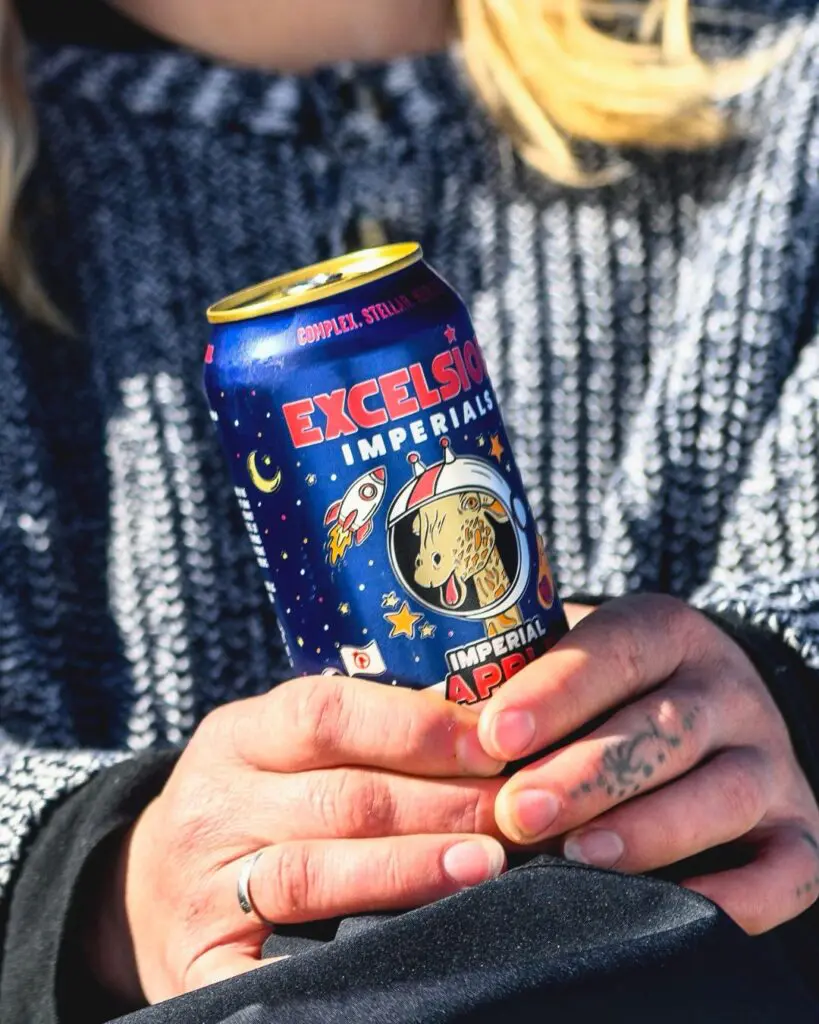
“Achieving climate neutrality for Excelsior Imperial Apple 6-packs has been a 4-year journey,” says Schilling. “The first step in this process was understanding the carbon footprint of our whole operation. We have executed annual greenhouse gas inventories since 2021, giving us a comprehensive understanding of our total carbon footprint and the lifecycle carbon footprints of our products after they leave production.” Schilling is quick to point out that the business has been working towards reducing their emission per unit and have succeeded in that each year.
Sustainability is a term that gets tossed around liberally these days, with some of the largest corporations in the world making bold claims that they are doing their part to save the planet and lessen their impact on climate change. So in our current moment of “greenwashing” and a flurry of products being marketed to show us that their producers are environmentally virtuous, what does being climate neutral actually mean?
“Sustainability is built into Schilling’s core identity and business model and will be a top priority for us, no matter the circumstances,” says Schilling. He cites factors like the company’s fleet of 100% electric vehicles for their sales team, raising over $150,000 for environmentally conscious nonprofit partners since 2022, and abandoning stickered and wrapped cans to ensure all of its packaged products are recyclable or reusable.
The company breaks down their entire impact into three scopes of emissions. Direct operations and production make up Scope 1 and Scope 2, and the remaining 85% of carbon emissions — robustly defined as “suppliers and downstream partners such as apple cultivation, beverage can manufacturing, distributor delivery trucks and retailer power consumption to refrigerate their ciders at grocery stores” — making up Scope 3. As you might imagine, controlling all of these factors in a complicated, ever-changing market is both complex and expensive.
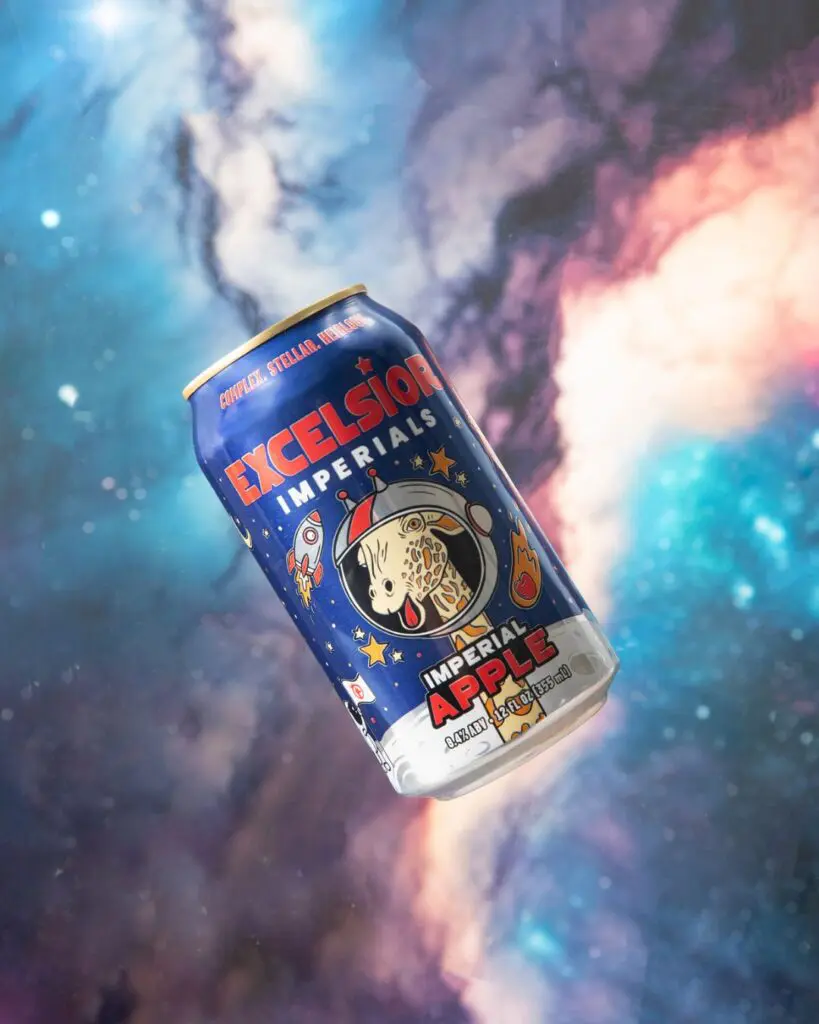
For Schilling, the opportunity to relaunch the popular Excelsior line coincided with finally achieving that coveted climate neutral status through a cycle that included partnering with Tradewater to purchase carbon offset credits that cover 105% of the calculated emissions of the product.
“These offset credits cover not just Schilling’s manufacturing footprint but everyone before and after producing the cider. Through our offset credits, we are funding projects to cap abandoned oil and gas wells in the United States,” says Schilling.
Cider drinkers who want to take a deep dive can see that the company is putting their money where their mouth is by making sure all of the carbon credits they purchase are fully traceable and available to look at on their website.
Considering its popularity and status as innovative, Schilling also sees this line as one of the brand’s best ways to do something impactful. “Excelsior Imperial Apple was the original imperial cider in cans, driving regional cider growth over the last 5 years,” says Schilling. “It’s also the most popular cider in the U.S. that is not an Angry Orchard product, and it introduced numerous consumers to craft cider.”
While Schilling hopes to one day have the entire Schilling lineup be climate neutral, for now they are focused on making it work with the Excelsior line. He sees this step as a continuation of both the company’s commitment to sustainability as well as yet another pioneering move that will hopefully inspire other cideries to follow suit.
“As a company, we have made substantial investments to reduce our environmental footprint and we will continue to lead the cider industry forward on this front, developing creative, replicable solutions that cideries of all sizes can implement,” says Schilling. “Our hope is that consumers continue to recognize companies that offer products crafted with sustainability in mind. Customer support and loyalty will allow us and other like-minded brands to keep leaning in and doing more each year to operate as sustainably as possible.”

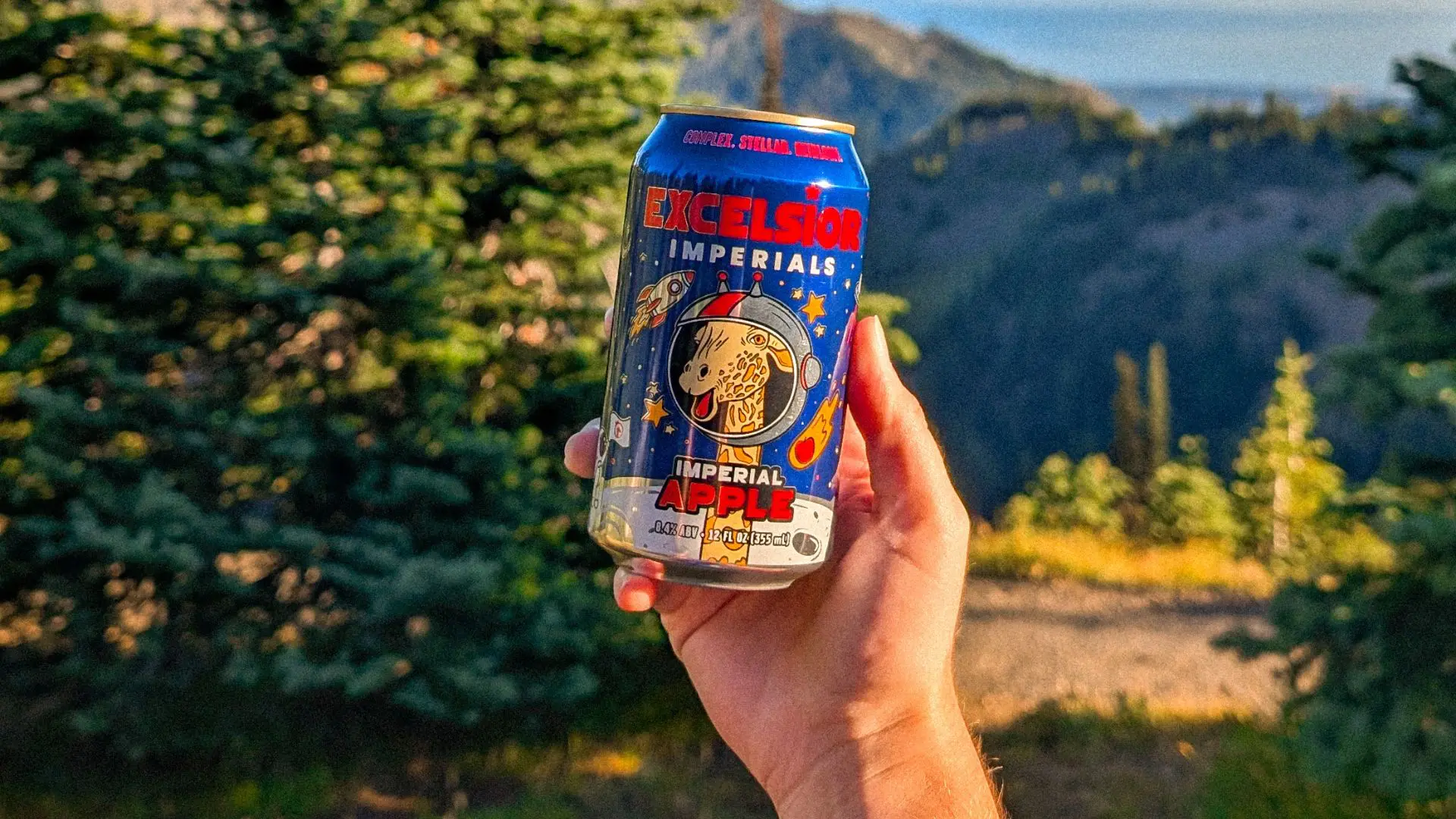
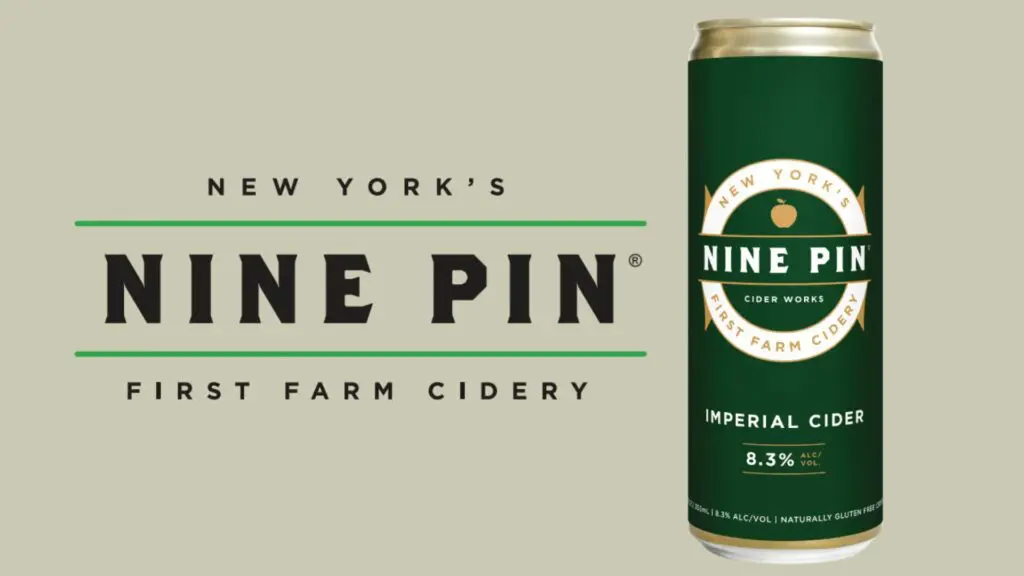

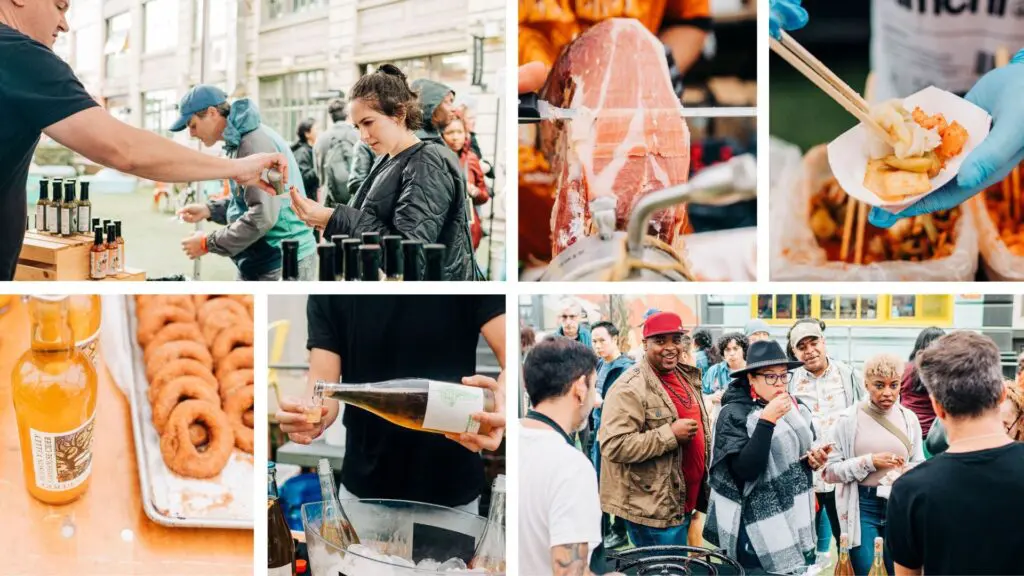
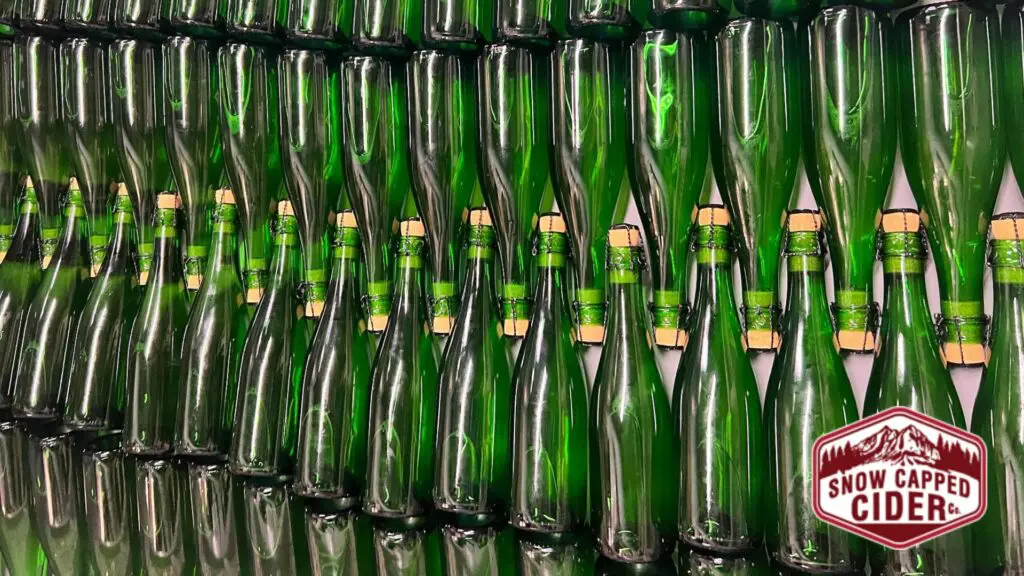
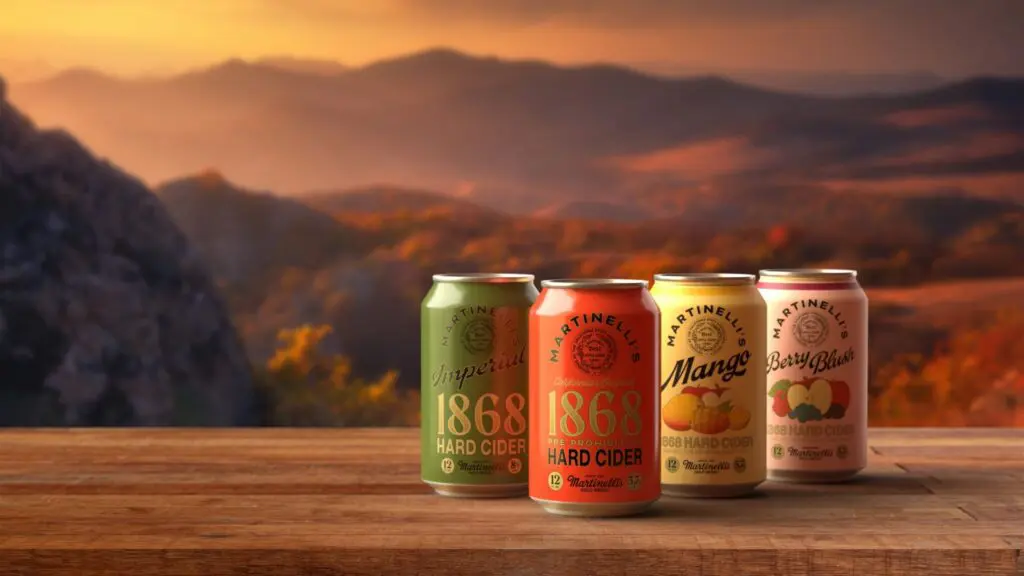
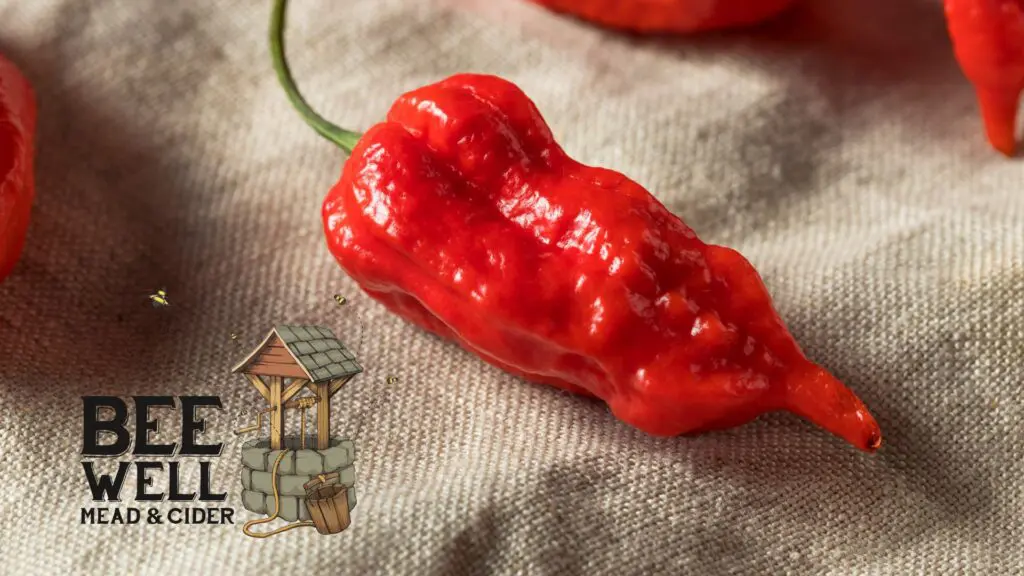
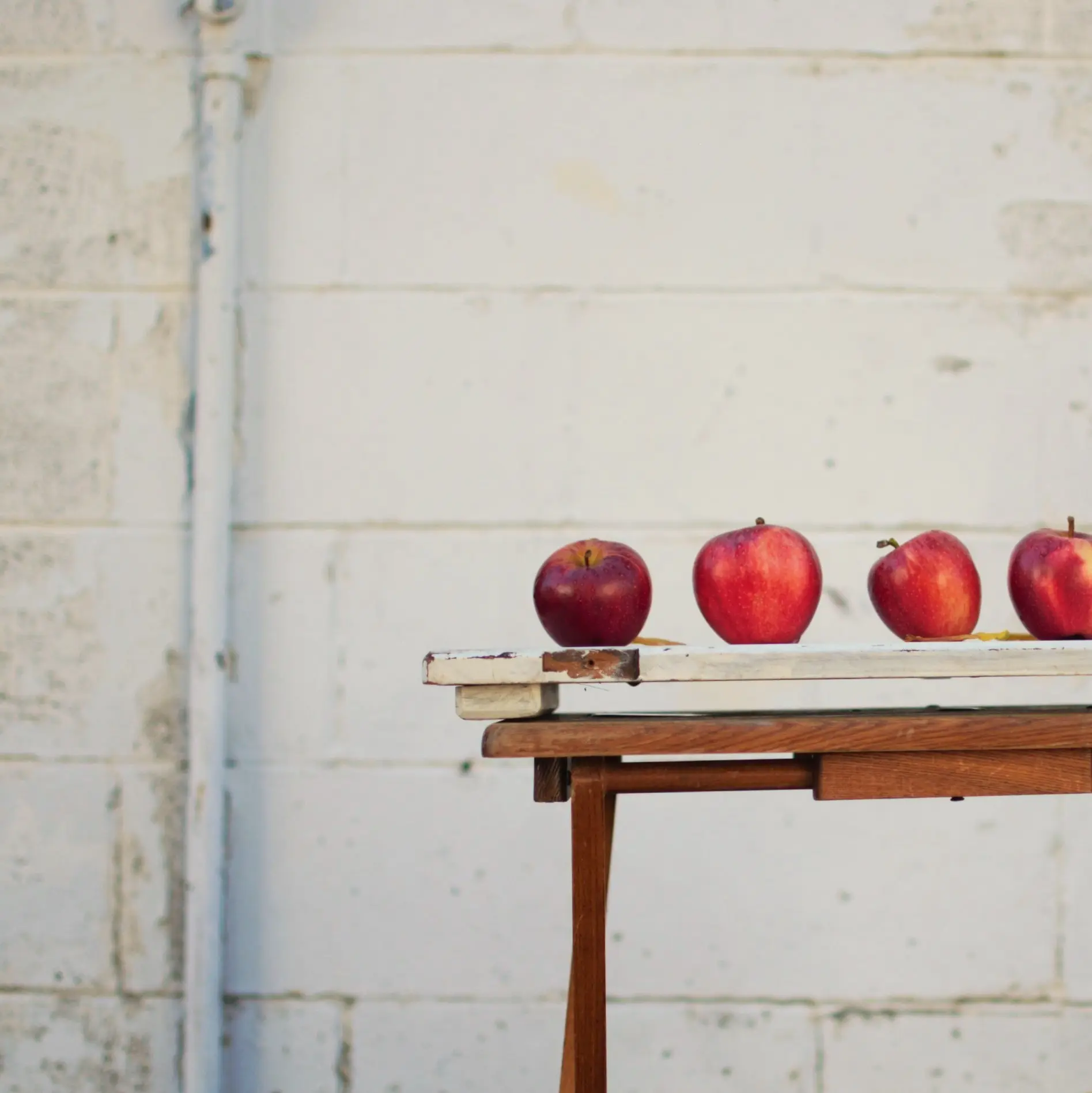



 Looking for the perfect w
Looking for the perfect w
 BREAKING NEWS
BREAKING NEWS 






